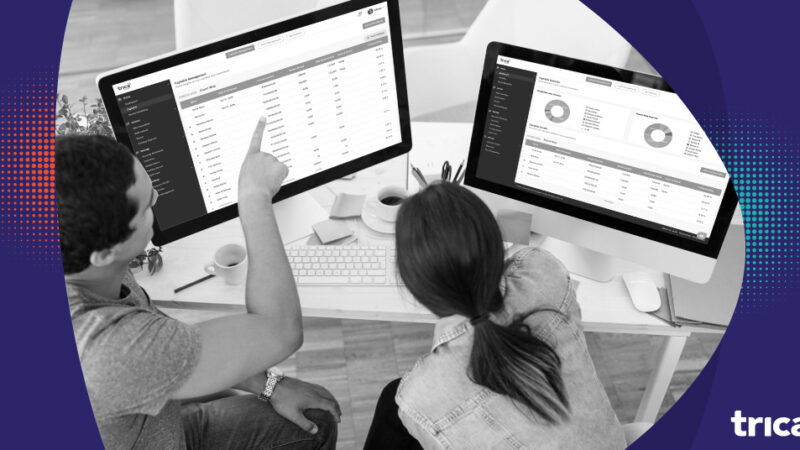
What are Compulsory Convertible Debentures or CCD?
CCD or Compulsory Convertible Debenture is a hybrid security that is neither purely debt nor equity. These debt instruments have to mandatorily get converted. Due to this mandatory conversion to equity, CCDs are often considered deferred equity instruments. A CCD holder automatically becomes a shareholder in the company and acquires all the rights of a shareholder as prescribed under the Companies Act, 2013.
Here are two scenarios where founders tend to use CCDs:
- Very early when founders and investors don’t have a value to peg on the startup
- Typically, many ‘bridge rounds’ take place via CCDs because founders don’t want a certain valuation number to affect the larger round valuation by a VC.
The ratio of conversion of CCD to equity is determined by the two parties when CCDs are issued.
To understand CCDs better, let’s consider this simple example.
Anirudh Sharma is an angel investor ready to invest INR 25 lakh in a seed-stage startup called Waky in July 2020. However, Waky is still very early, and it’s becoming difficult to arrive at a valuation for the company; thus, they cannot offer equity upfront to Anirudh. Instead, the two parties mutually decide to explore CCDs. They decide that CCDs worth INR 25 lakh will convert to CCPS shares at a discount of 20% to the next round valuation. This means Anirudh will get a 20% discount on the price of each share at the time of conversion. In the worst case, if there is no round within the next 18 months, then the CCD will mandatorily get converted at a predefined base valuation.
Fast forward to July 2021, Waky has done well, raised INR 2 cr, and its shares are now worth INR 10,000 each. Anirudh’s CCDs will now convert along with the round, and he will receive shares at a 20% discount to ₹10,000, i.e. ₹8000 pe shares, so he will get ₹2500000/₹8000 = 313 shares in Waky.
Why is this a win for Anirudh?
- As an early investor, he was able to negotiate a good discount and therefore earned 313 shares of the company instead of 250 shares that he would have received at the round share price of ₹10000 (₹2500000/₹10000 = 250)
- If Waky had not succeeded and went south, Anuridh’s ‘debt’ would have been settled before settling dues of ‘equity’ shareholders.
Why is this a win for Waky?
- The startup didn’t have to use up cash to return Anirudh’s investment. Instead, they issued him equity shares pretty much like any equity-based investment into the startup.
- Therefore CCD is being used by Startups, usually in the early stages (where valuation can’t be determined) or during Bridge rounds where again the valuation is better deferred to a later date when the bigger VC round happens.
One of the downsides of CCD is that the Startup needs to obtain a valuation certificate from a Certified Valuer at the time of receiving the investment itself. To avoid this, you can go for a Convertible Note (allowed for a DPIIT recognized Startup); there is no need for a Valuation certificate in case of the Convertible Note.
CCDs on the Cap Table
According to the Reserve Bank of India guidelines, CCDs are treated as equity for all reporting purposes and financial statements; however, unless converted into equity, CCDs are not considered part of a company’s share capital. Thus, the investor will not find a spot on the cap table until the conversion takes place. But, it’s an important component to keep track of and monitor as you raise multiple funding rounds; and that is where a product like trica equity can be of tremendous value. Using the in-built tools on the cap table software lets you see what the fully diluted cap table will look like, put in notifications to alert you on milestones and conversions, and generally maintain a single source of truth!
Schedule a demo for the capable management tool on trica equity today. It’s Free!
Click here for a webinar on India’s various debt funding instruments (CCDs, CCPS, etc.).
Disclaimer: This article has been prepared for general guidance on the subject matter and does not constitute professional advice. The matters described herein are general in nature and have not been evaluated based on applicable laws. You should not act upon the information contained in this note without obtaining specific professional advice. No representation or warranty (express or implied) is given as to the accuracy or completeness of the information contained in this note. LetsVenture Technologies Private Limited, its partners, employees, and agents accept no liability and disclaim all responsibility for the consequences of you or anyone else acting or refraining to act in reliance on the information contained in this publication or for any decision based on it. Without prior permission of LetsVenture Technologies Private Limited, this note may not be quoted in whole or in part or otherwise referred to any person or in any documents.
ESOP & CAP Table
Management simplified
Get started for free





